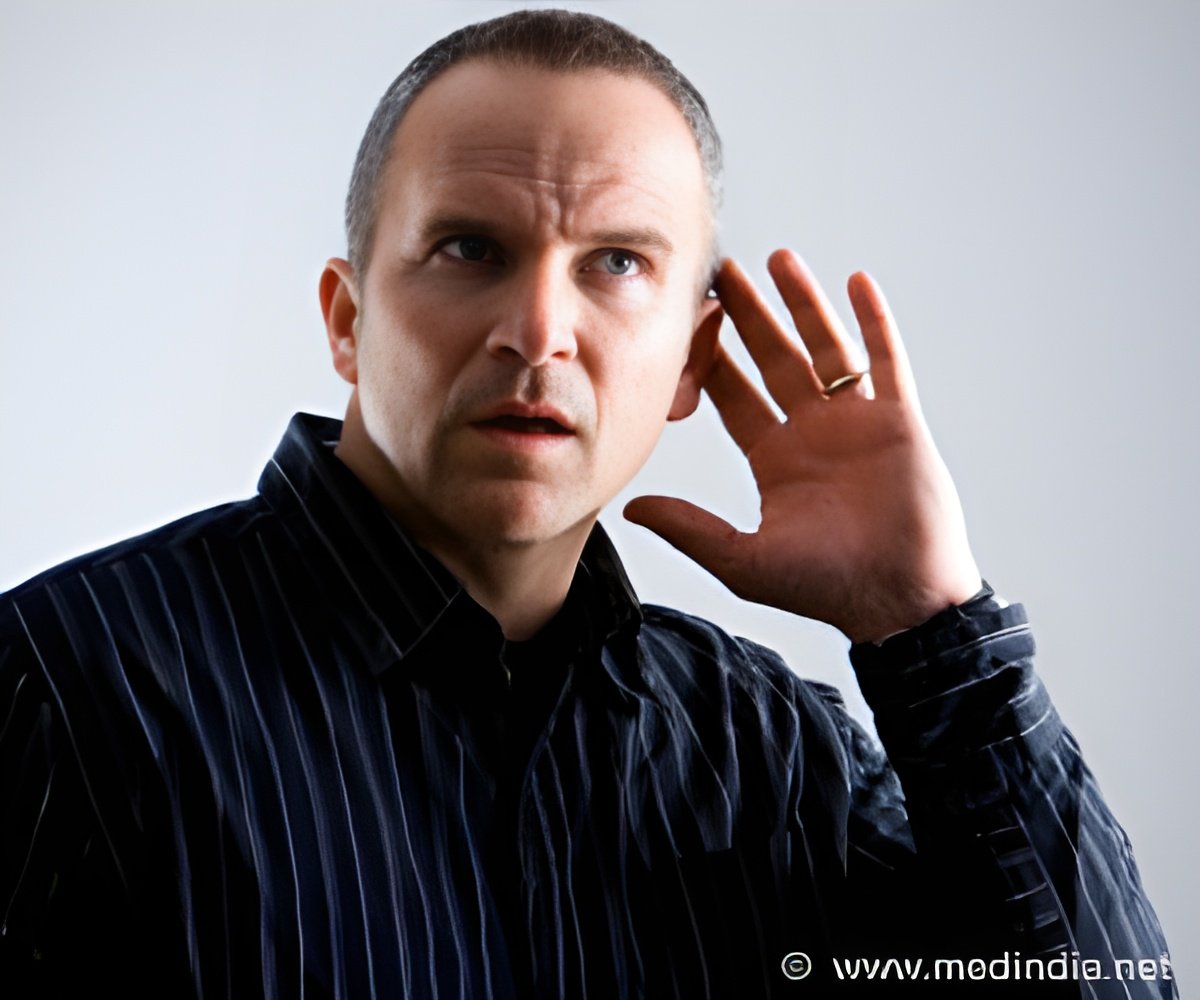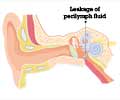The development of a potential new drug could be used to regrow damaged sensory hair cells, which are responsible for restoring the lost hearing.

‘The "notch inhibitor", found in birds and reptiles, can regrow sensory hair cells after hearing loss. By imitating the notch inhibitor, a new treatment could allow human hair cells to regrow, restoring lost hearing.’





The development of the new drug will help regrow the sensory hair cells, which are responsible for human hearing. Over one-third of seniors suffer from hearing loss because the sensory hairs do not regenerate. Currently, there is no treatment to recover hearing except for the purchase of a hearing aid. The key to restoring hearing is a “notch inhibitor” molecule, which Audion’s research has shown gives rise to new hair cells in lab cultures, according to Dr. Albert Edge, who works for Audion Therapeutics.
A successful drug-based on notch inhibitor molecule could be developed that would be applied to the middle ear via a foam or tube and the damaged hair would naturally regrow, restoring lost hearing.
The results are promising, but, it is likely to take several years to before results of the study can be applied to hearing loss patients.
The article is published in The Atlantic.
Advertisement















